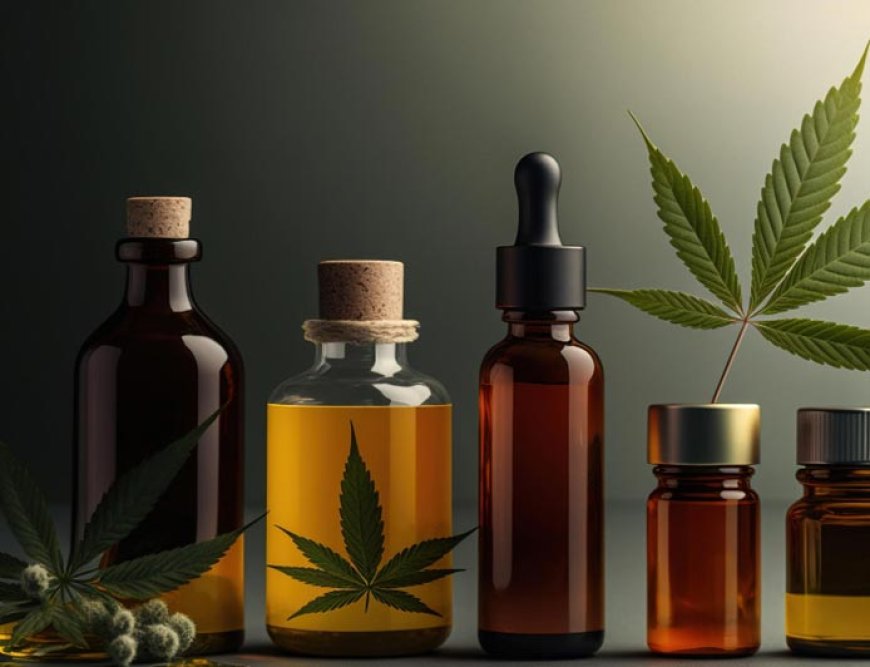Regulatory Compliance in the Ayurvedic and Ayurvedicceutical Industries
Discover the importance of regulatory compliance in the Ayurvedic and Ayurvedicceutical industries, covering aspects like licensing, GMP, clinical trials, and post-market surveillance.

Regulatory compliance plays a crucial role in the Ayurvedic and Ayurvedicceutical industries, as it ensures the safety, quality, and efficacy of products. Compliance with various regulatory bodies is essential for companies to maintain their market presence, avoid legal issues, and protect the health of consumers. This article will provide a comprehensive overview of regulatory compliance in the Ayurvedic and Ayurvedicceutical industries, covering various aspects such as licensing, good manufacturing practices, clinical trials, and post-market surveillance.
Licensing and Registration
The process of obtaining a license and registering products is an essential step for Ayurvedic and Ayurvedicceutical companies. This helps ensure that products are safe, effective, and meet the necessary quality standards. The licensing and registration process varies depending on the country, but it generally involves submitting documentation that demonstrates compliance with safety, quality, and efficacy standards.
For Ayurvedic products, manufacturers need to obtain a license from the relevant Ayurvedic regulatory authority, such as the AYUSH Ministry in India or the Traditional Chinese Medicine Practitioners Board in Singapore. Ayurvedicceutical companies, on the other hand, must obtain approval from the relevant drug regulatory authority, such as the U.S. Food and Drug Administration (FDA) or the European Medicines Agency (EMA).
Good Manufacturing Practices (GMP)
GMP guidelines are a set of standard operating procedures that companies must adhere to during the manufacturing process. These guidelines help ensure that products are consistently manufactured and controlled to meet quality standards. GMP covers various aspects of the production process, including personnel, equipment, raw materials, quality control, documentation, and environmental control.
For both Ayurvedic and Ayurvedicceutical companies, compliance with GMP is essential to maintain the safety, efficacy, and quality of their products. Regulatory bodies regularly inspect manufacturing facilities to ensure adherence to GMP guidelines. Failure to comply with GMP can result in penalties, product recalls, and damage to the company's reputation.
Clinical Trials
Clinical trials are a crucial aspect of regulatory compliance in both the Ayurvedic and Ayurvedicceutical industries. They involve the systematic testing of new products on human subjects to establish their safety, efficacy, and optimal dosage. The data generated from clinical trials is critical for obtaining regulatory approval for new products.
Companies must follow specific guidelines for conducting clinical trials, which vary by country and regulatory body. These guidelines include obtaining ethical approval from an independent review board, ensuring the informed consent of participants, and adhering to international standards for data reporting and analysis.
Post-Market Surveillance
Once a product has received regulatory approval and is available on the market, companies must continue to monitor its safety and effectiveness. This process is known as post-market surveillance, and it plays a vital role in identifying potential safety concerns that were not apparent during the clinical trial phase.
Both Ayurvedic and Ayurvedicceutical companies must comply with post-market surveillance requirements, which include monitoring and reporting adverse events, conducting post-authorization safety studies, and updating product labeling if new safety information arises. Failure to comply with post-market surveillance requirements can result in penalties, product recalls, or withdrawal of the product from the market.
Regulatory compliance in the Ayurvedic and Ayurvedicceutical industries is critical for ensuring the safety, quality, and efficacy of products. Companies must navigate a complex landscape of licensing, GMP guidelines, clinical trials, and post-market surveillance to maintain their market presence and protect the health of consumers.

 vasundhara
vasundhara 





